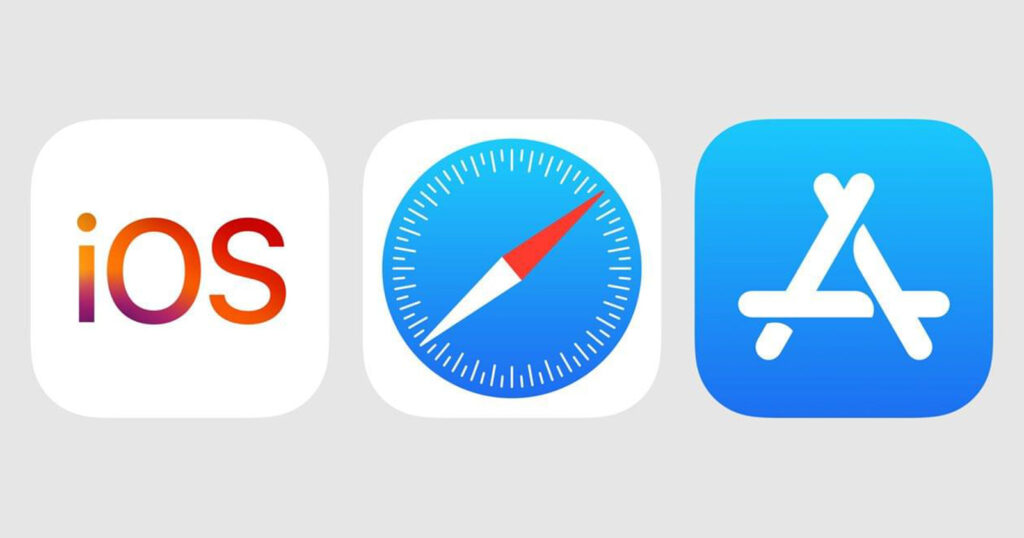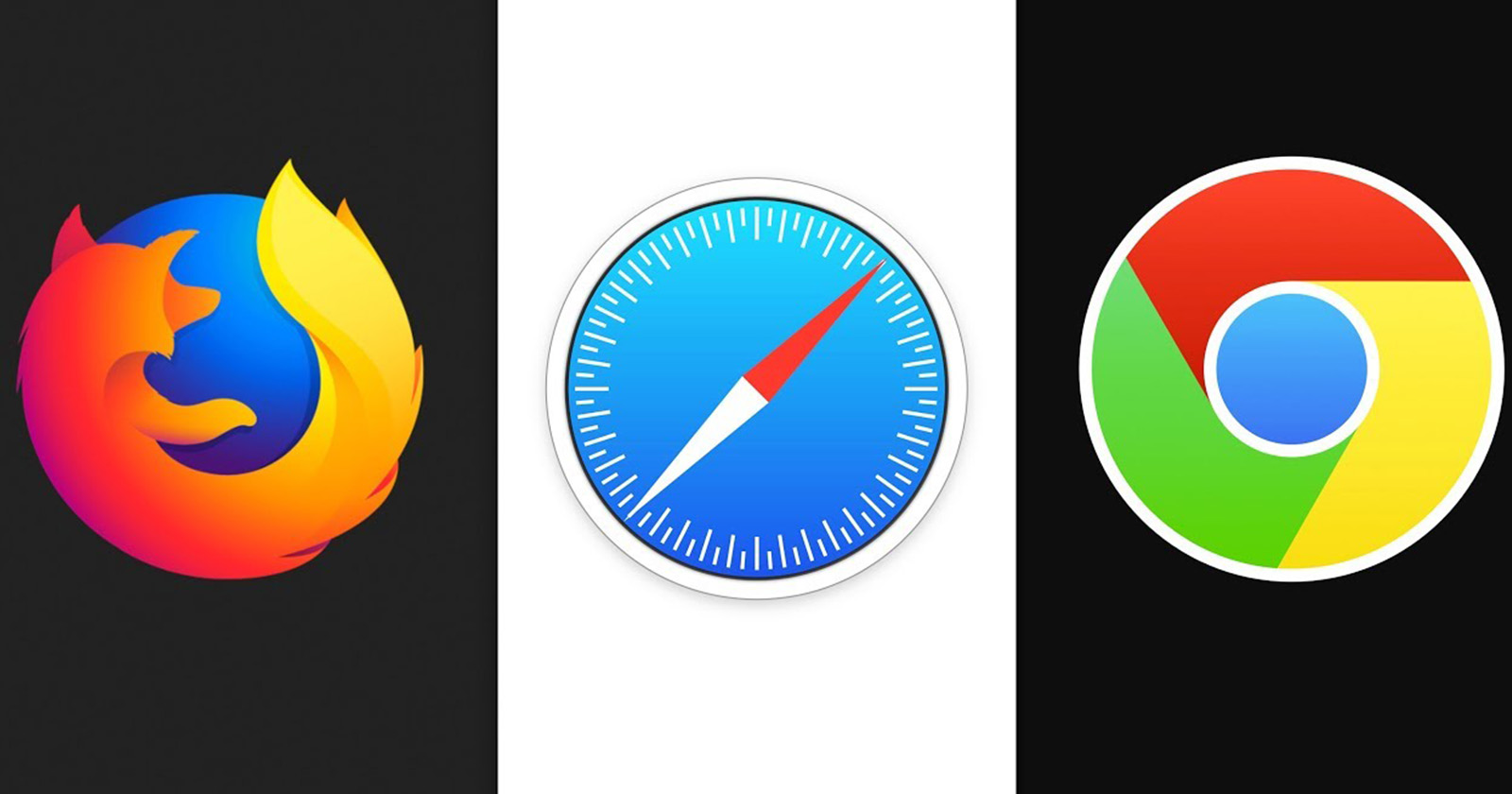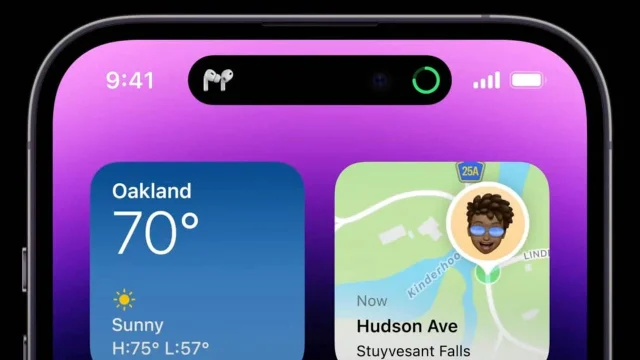Apple has announced changes to its software ecosystem in response to the European Union’s Digital Services Act, allowing iOS users in the EU to run alternative browser engines like Chrome and Firefox more smoothly.
The Digital Services Act will enable proper Chrome and Firefox on iOS devices
This means that all of Apple’s browsers on iOS will no longer be limited to the WebKit browser engine that powers Safari as well as other browsers on the platform.

The change, which will take effect with iOS 17.4, represents a significant shift in Apple’s approach to browser engines on its mobile devices. While the rest of the world will continue to be forced to use WebKit and Safari, iOS users in the EU will now be able to use other browsers such as Chrome and Firefox, which previously did not work properly on the iOS platform due to WebKit limitations.
However, Apple is cautious about the potential drawbacks of this change. The company has warned that alternative browser engines can have a negative impact on the user experience, affecting system performance and battery life.
To ensure smooth operation, Apple will require developers to obtain authorization to use alternative browser engines. Developers will have to meet certain criteria and meet ongoing privacy and security measures, including features such as Passkeys and multi-processing.
Note that this change in Apple’s stance is a response to pressure, not a voluntary decision. So it’s not because the company thinks too much of its customers. The Digital Services Act in the EU is forcing Apple to open up its iOS platform. While this development is currently limited to the EU, it seems unlikely that Apple will consider expanding these changes globally in the future.
What do you think? Please don’t forget to share your thoughts with us in the comments.














